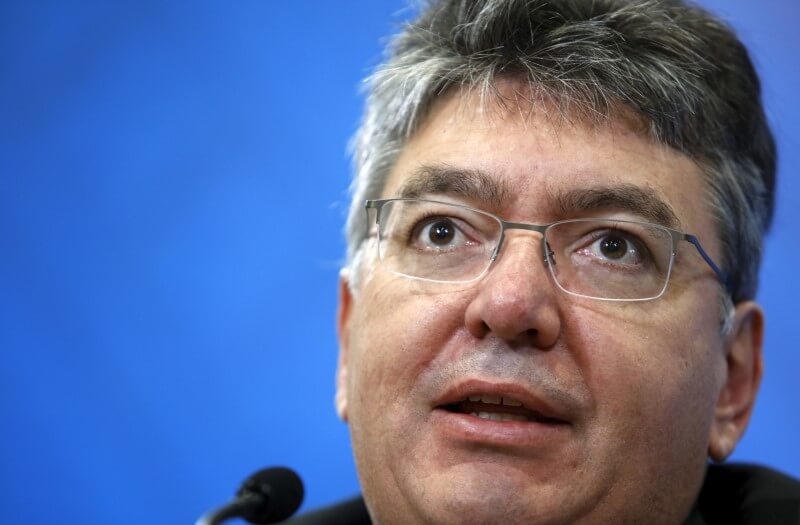By Anthony Esposito and Antonio De la Jara
FRUTILLAR, Chile (Reuters) – The Pacific Alliance trade bloc must improve integration of financial systems to spur investment in key areas such as infrastructure, finance ministers from the four member nations said on Thursday. The group, composed of Colombia, Mexico, Chile, and Peru, has already reached several accords in areas such as free commerce and immigration rules. But at a summit in the scenic Chilean towns of Frutillar and Puerto Varas, financial leaders stressed that significant opportunities for integration remained. “The alliance has advanced in commercial agreements, in migratory and diplomatic agreements, but a fundamental step for the bloc and one which has enormous value, that we can bring about, is financial integration,” Colombian Finance Minister Mauricio Cardenas said in a speech to the conference. The ministers said that among the key goals would be to allow pension funds from the countries in the bloc to be able to make a broader range of investments in each other’s economies.
Investments in infrastructure, the ministers said, would stand to gain from such an arrangement.
One solution would be to allow pension funds to invest in other countries as if their investments had originated in those countries, thus lowering regulatory burdens, the ministers said.
“We have a paradox in which traditional investments are giving low returns and on the other hand there is considerable liquidity, and we have infrastructure projects that should give out greater returns,” said Fernando Aportela, Mexico’s subsecretary of finance. Pension funds in the Pacific Alliance have about $404 billion in investments. According to the Interamerican Development Bank, Latin America should increase infrastructure spending by 2 to 4 percent of annual gross domestic product in the coming decades. In addition to the four member nations, 49 observer states were also present in southern Chile for the talks, which end on Friday.
(Reporting by Anthony Esposito and Antonio de la Jara; Writing by Gram Slattery)
Pacific Alliance finance ministers eye financial integration

By Anthony Esposito and Antonio De la Jara
















